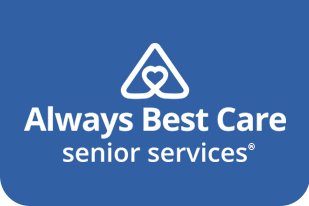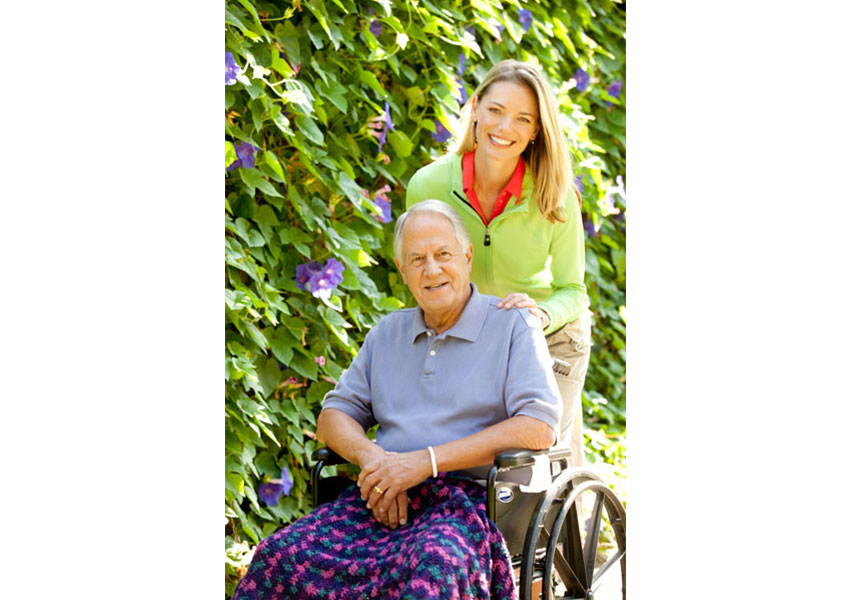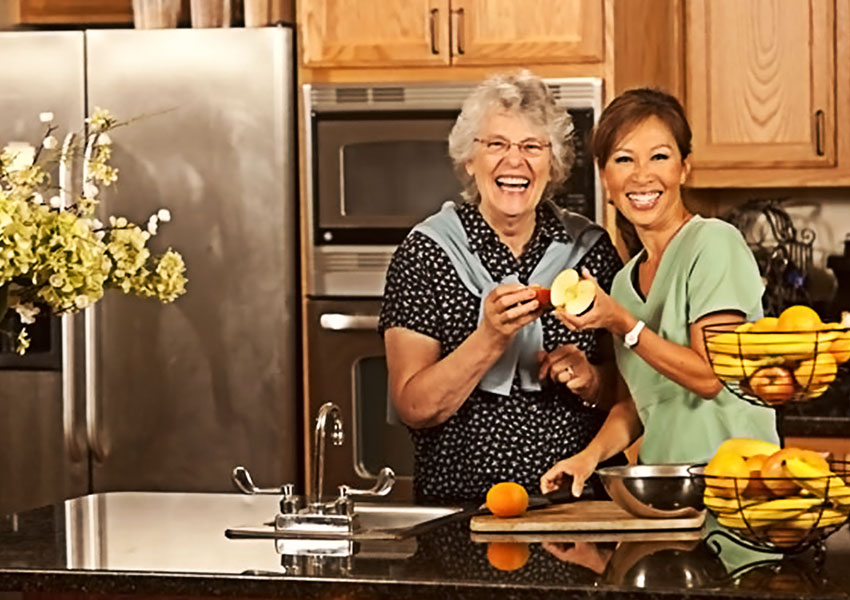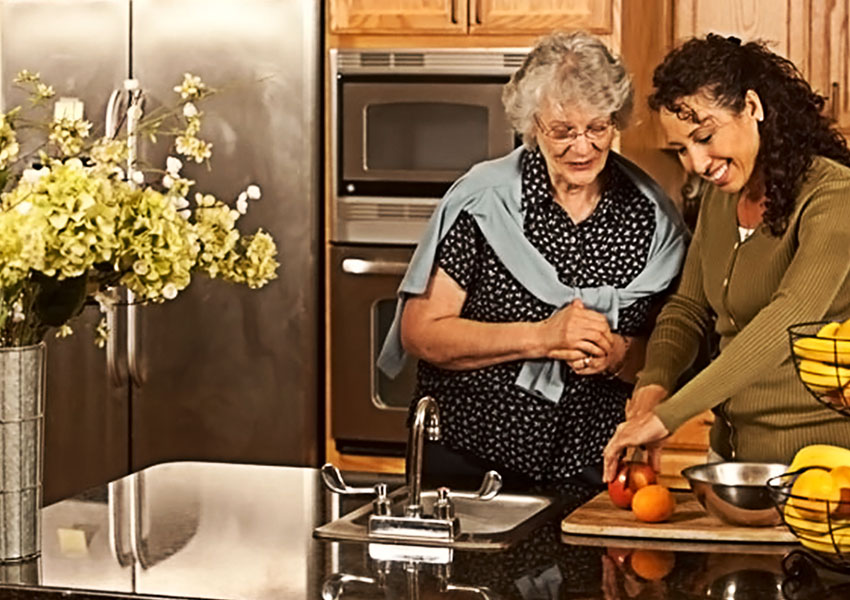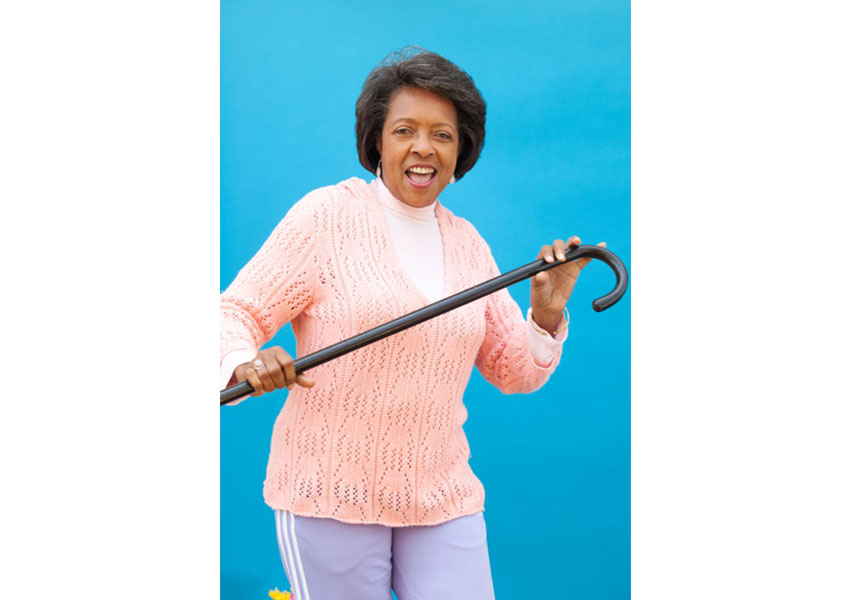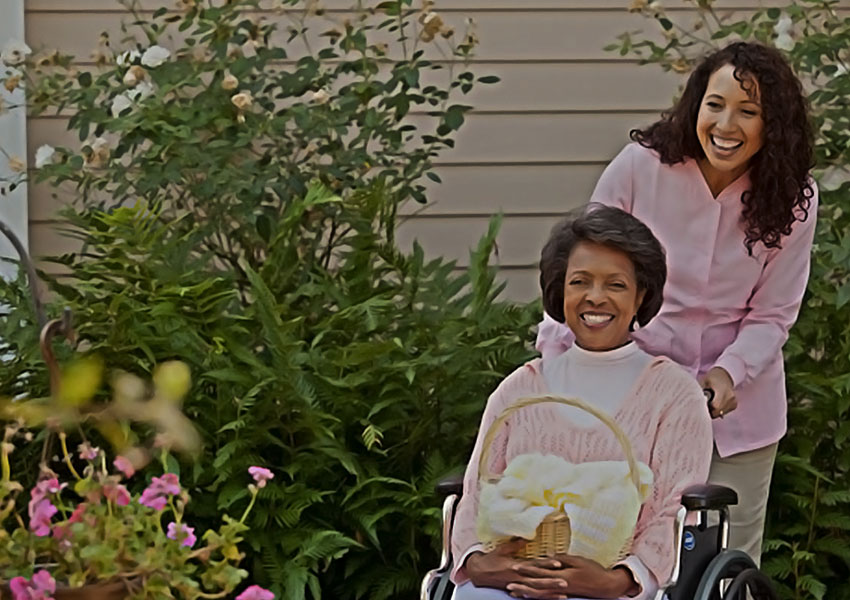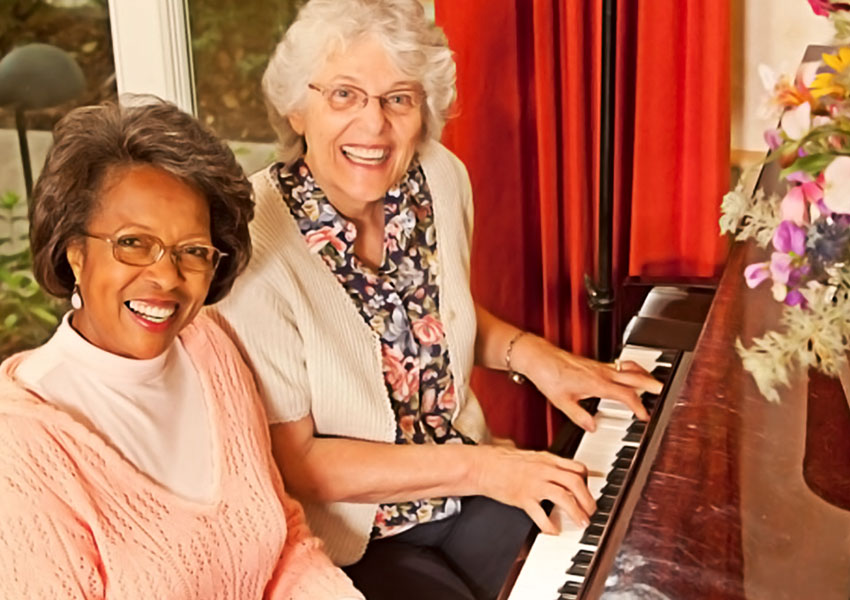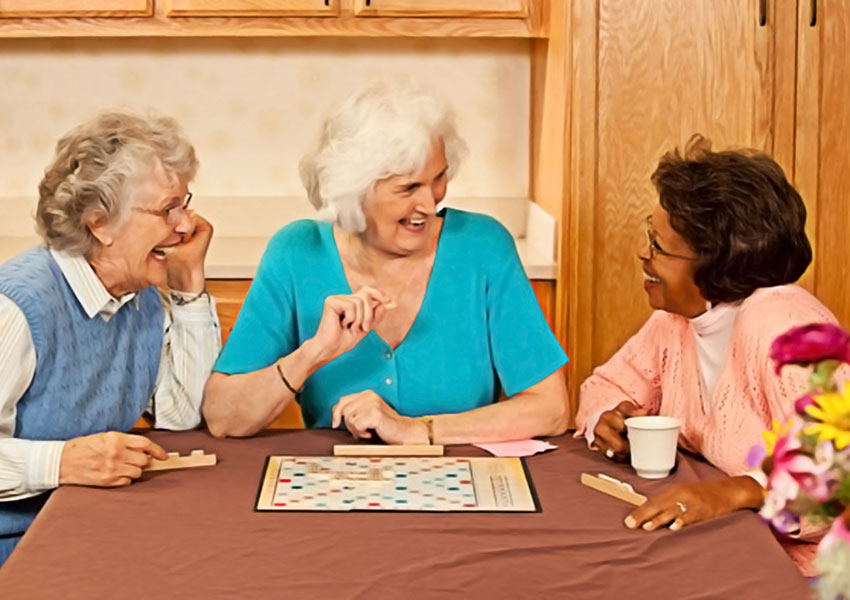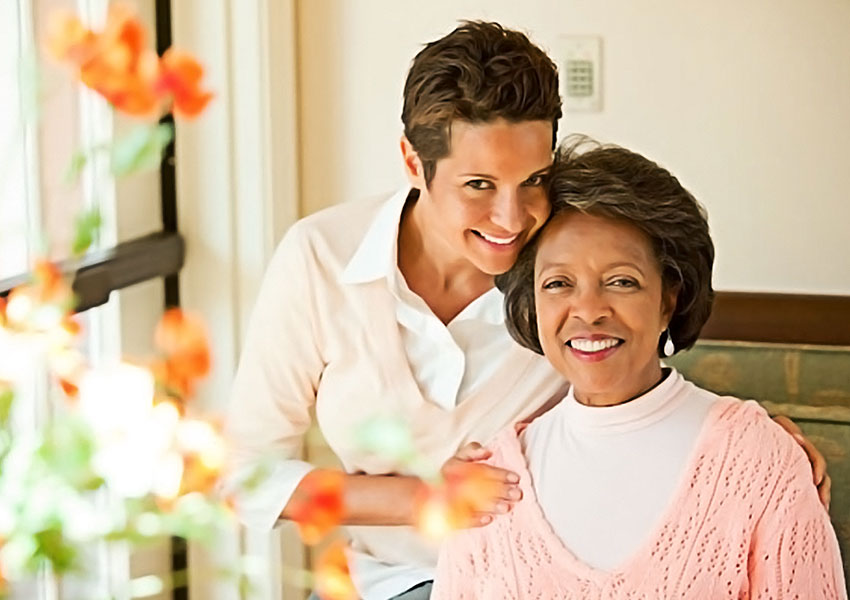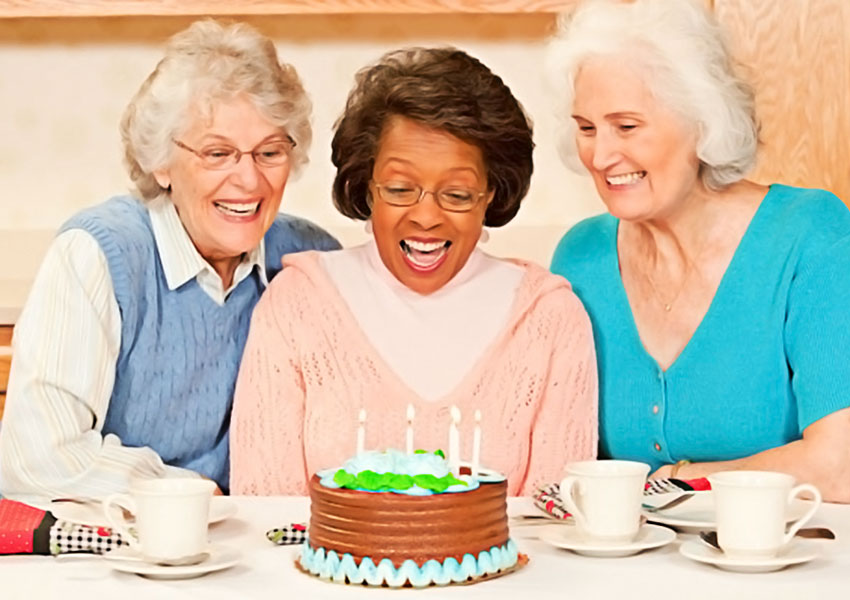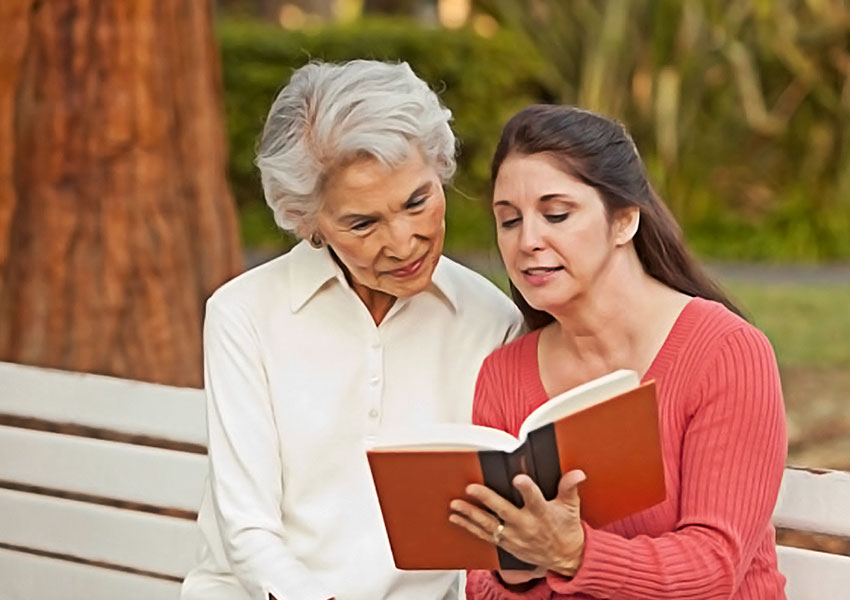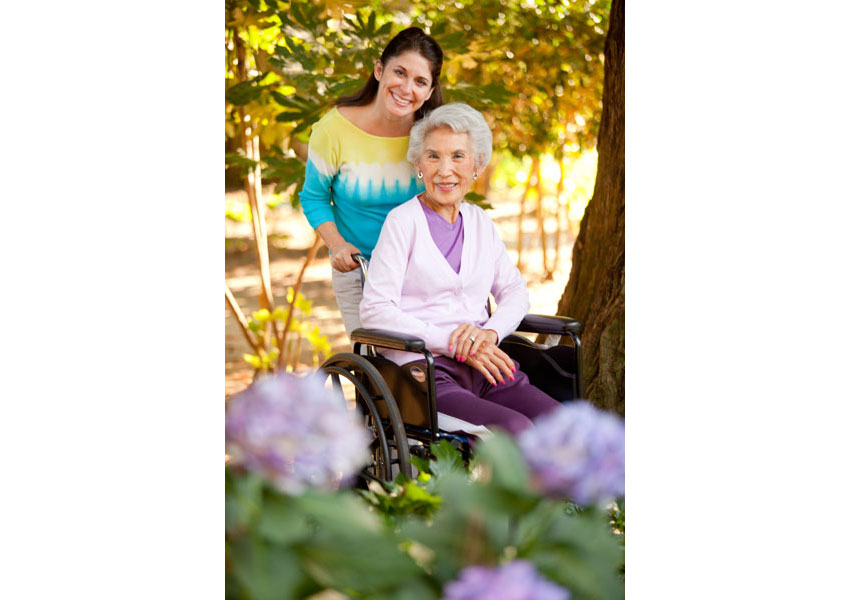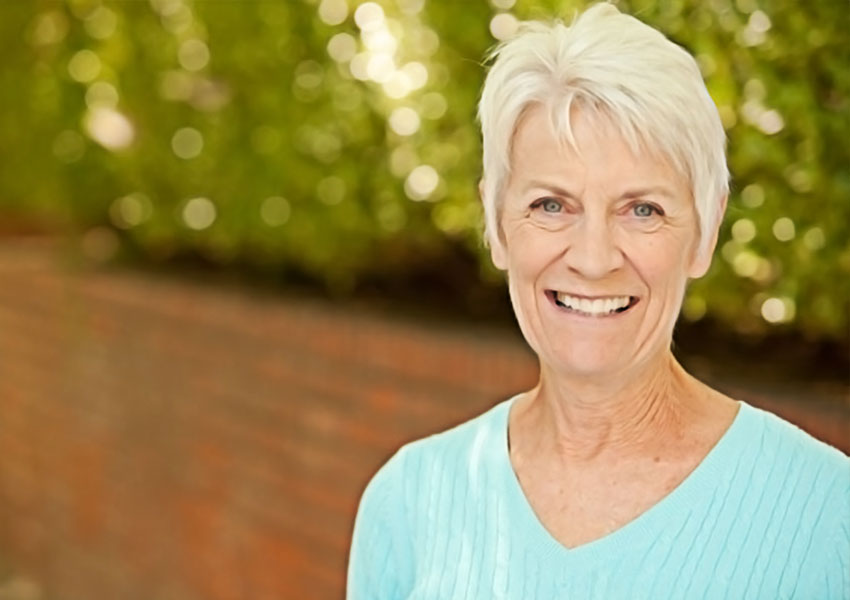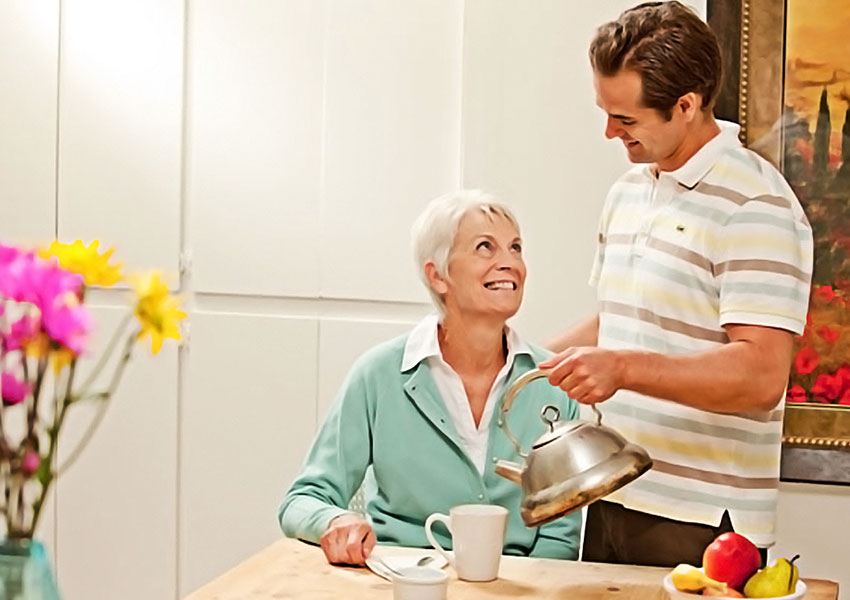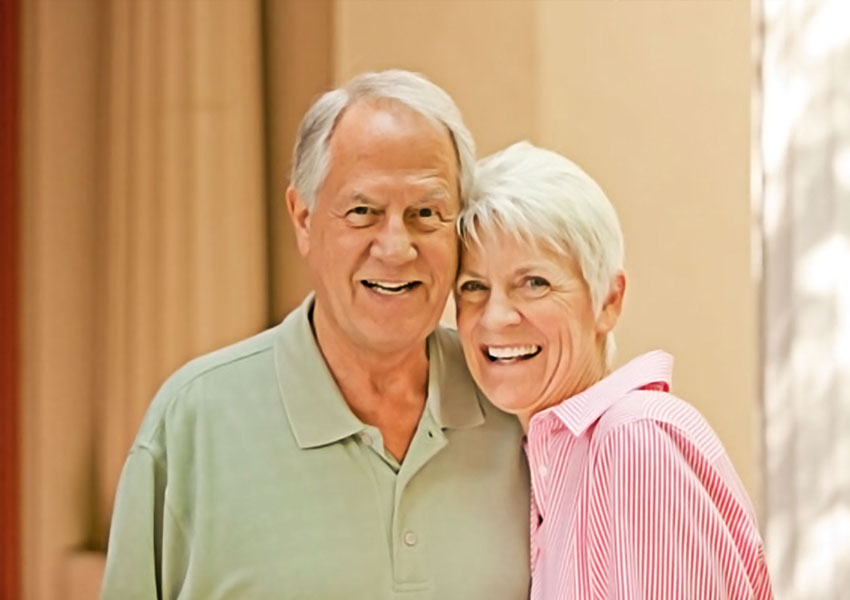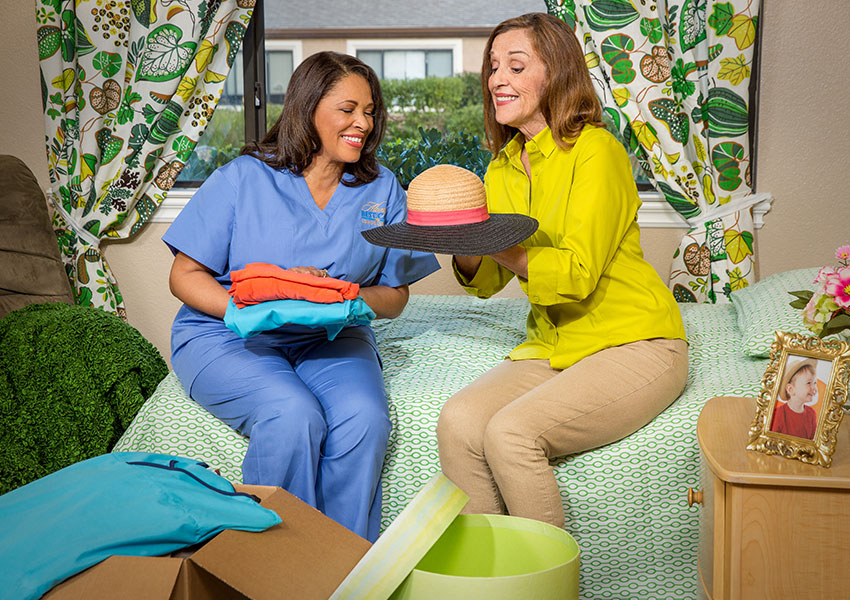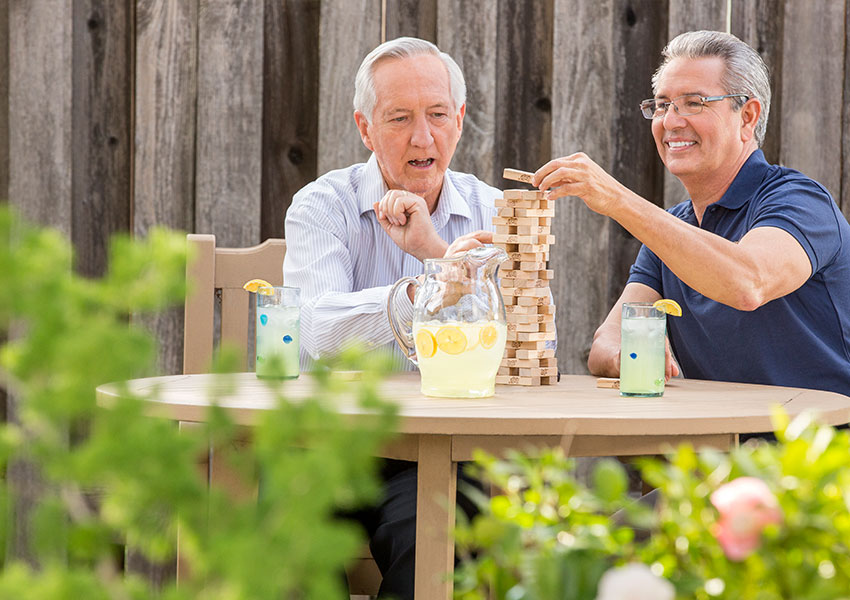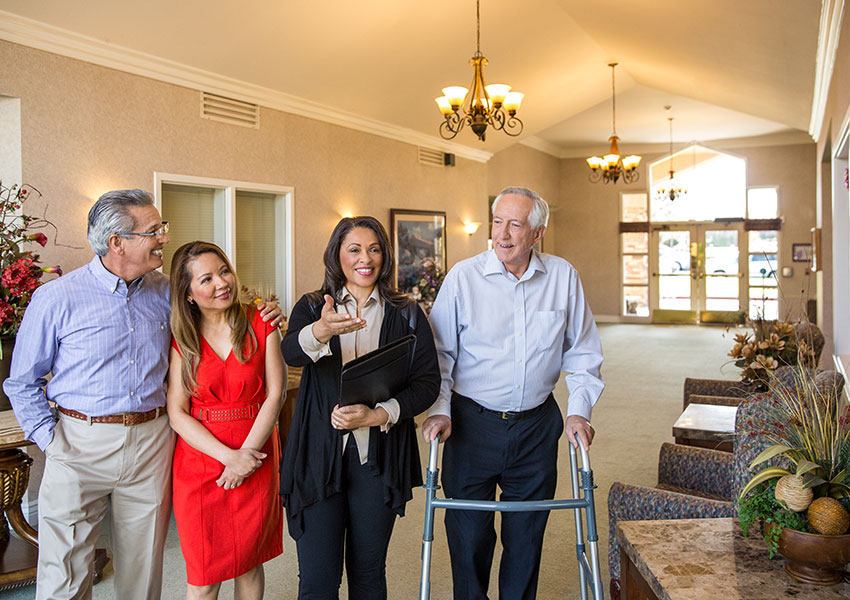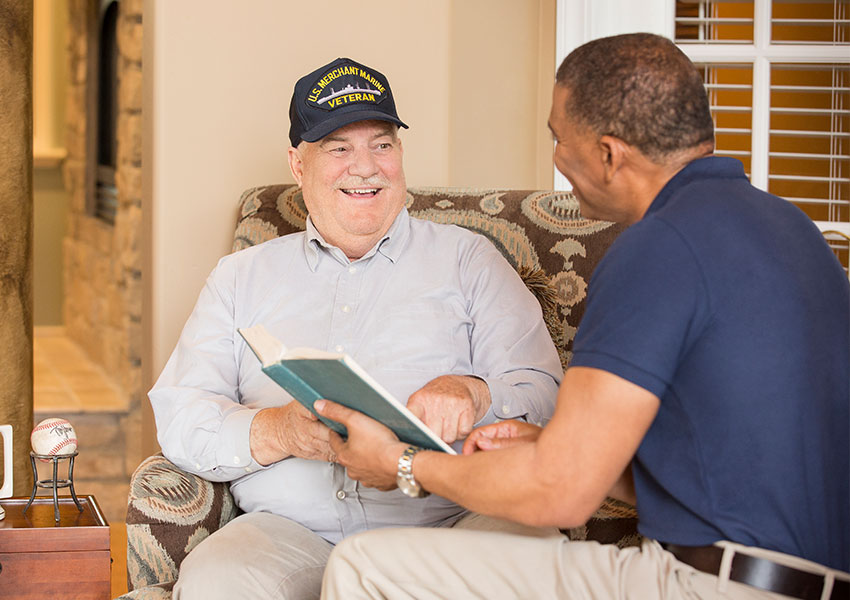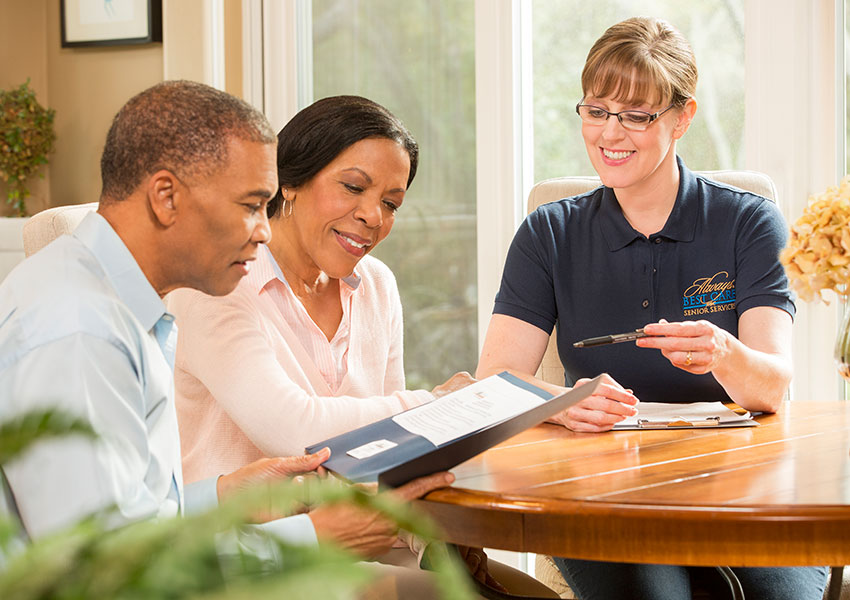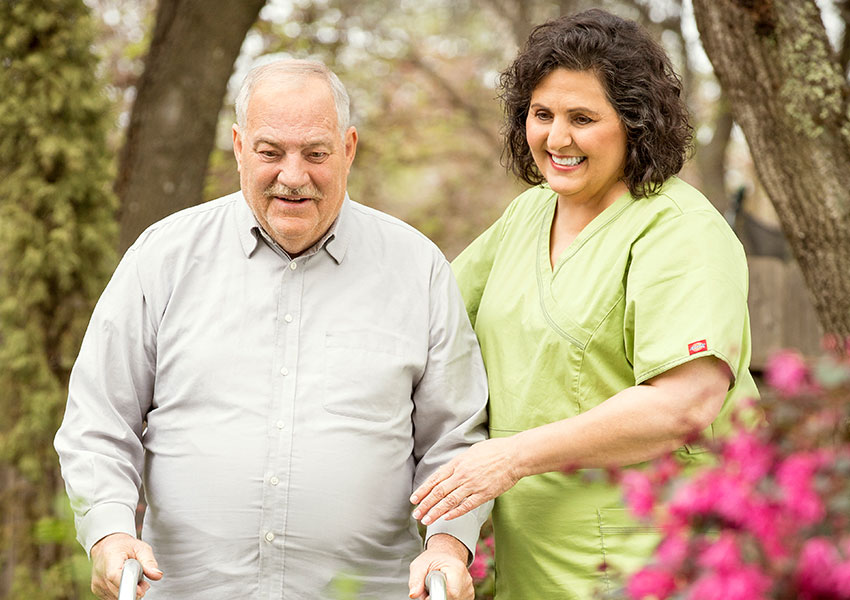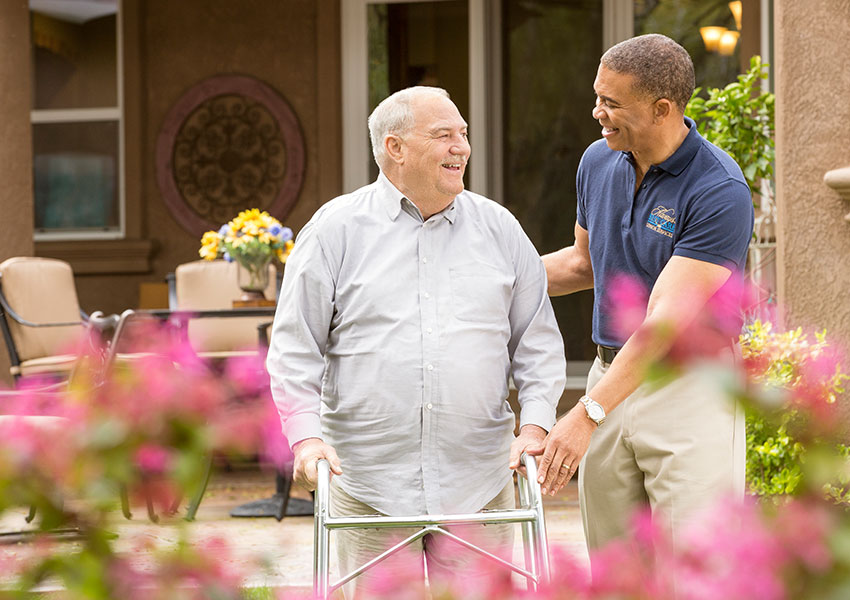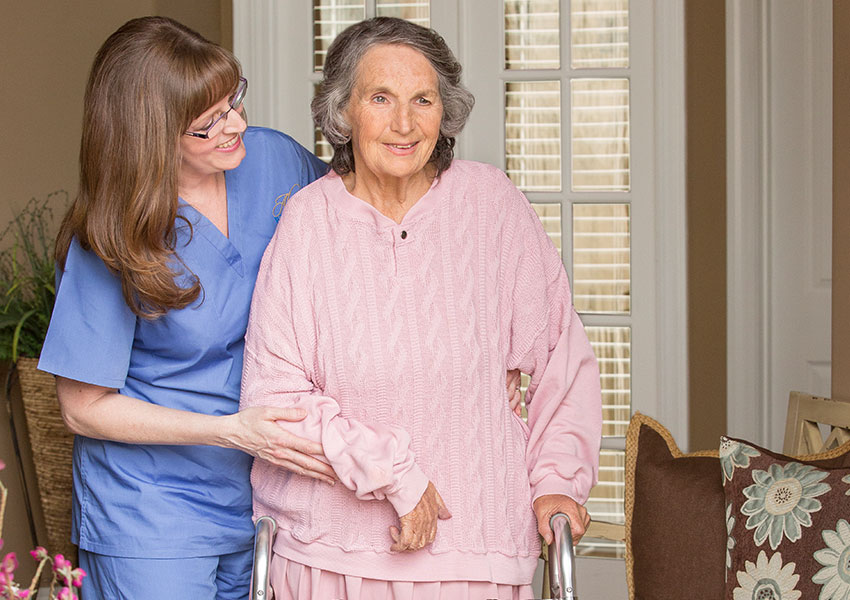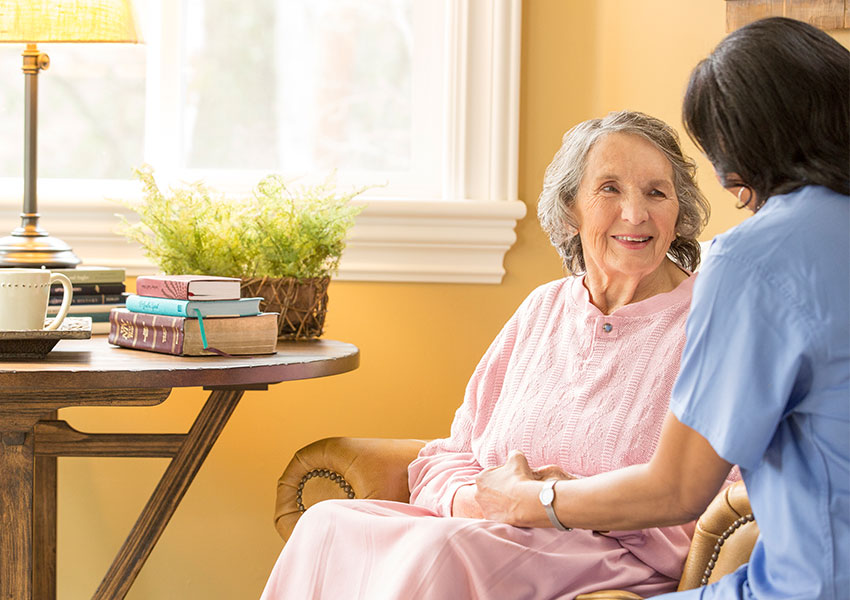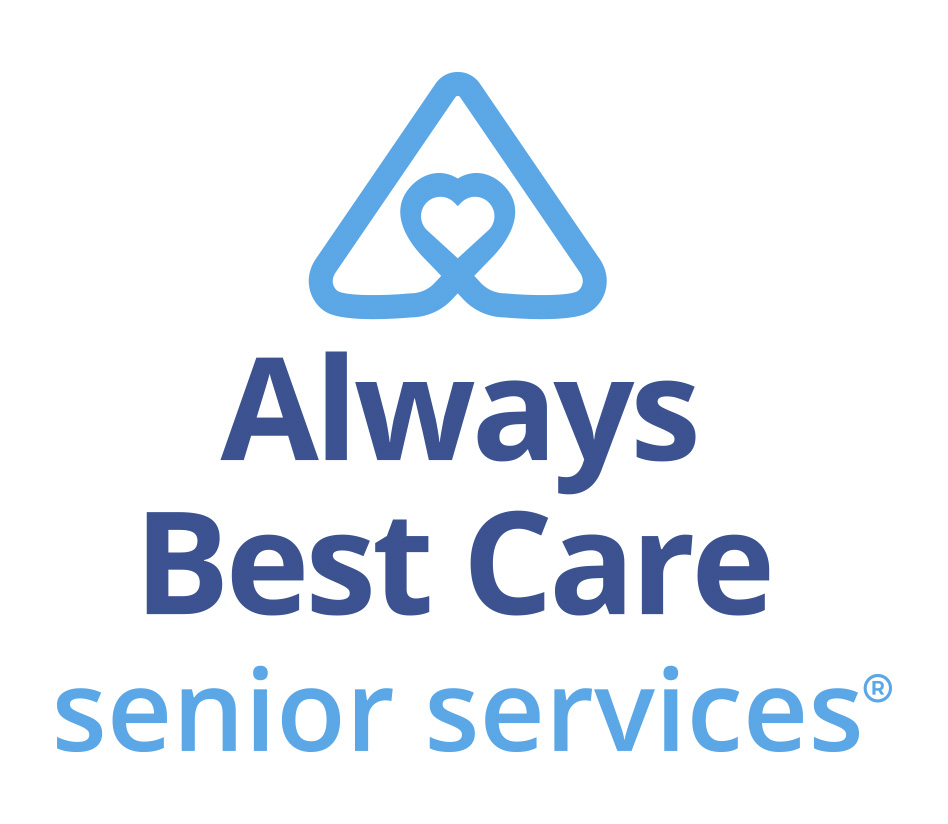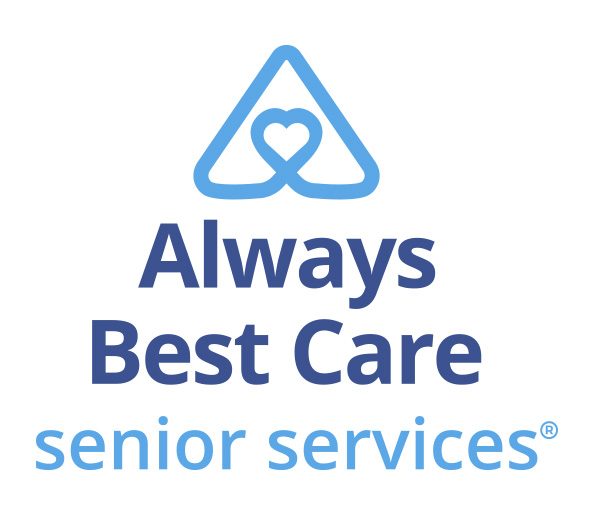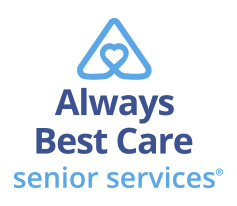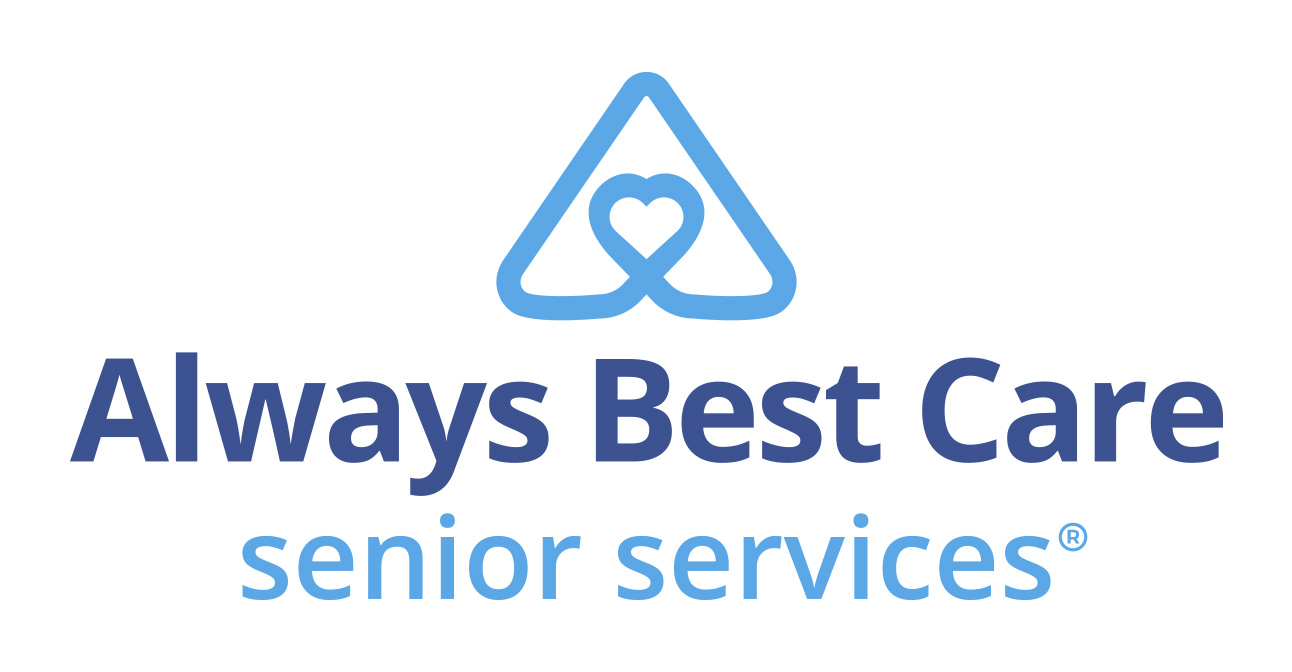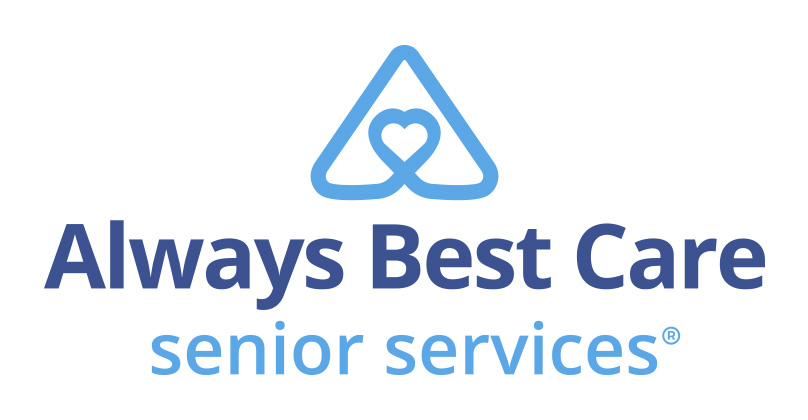Leaving your old home and moving to a new one is stressful under the best conditions, but for seniors moving can be especially difficult. Senior moves are often the result of a significant life change. It may be a health issue, financial circumstances, or loss of a spouse that causes you to have to downsize. Actually, the term “rightsizing” has now replaced “downsizing.” That alone gives a new and more positive look at this next stage in life.
Even if the move is completely by choice, a move means change. This is a big change, from somewhere that has been home and provided comfort; often it’s where you raised your family and created a community for yourself. This transition can be easier with some preplanning and organizing that your interests and goals for your future residence in the forefront – and help you gain control of the situation. Whether on your own or with assistance, organizing your belongings is a lot of work, but it will also benefit you in the long run. Don’t be afraid to ask for help from family or friends.
Experts in organizing say that going through your possessions and sorting them into piles of “keep,” “give away,” and “sell” is a great head start on a move. There is no reason to pay the movers to move things you are going to get rid of anyway. This money saving tip also lets you see keepsakes you haven’t had the opportunity to pull out in a while and experience feelings of accomplishment and fond memories.
Keep – The “keep” pile can be sorted further into “new place” or “storage.” With your new place in mind, sort through your items and envision how they would fit in your new residence. What items do you want around you that will make you feel at home? The rest can be organized and stored yet easily located in the future.
Give away – The “give away” pile can be divided into a couple of piles as well, “for family” or “charity.” You’d be surprised at what family members would be interested in taking. They too have fond memories of your home and would give new life to your pre-loved items in their own homes. Charities are always grateful to receive household items as well, plus they are a write-off on your taxes. Sell – Here your options are having a garage sale or using Internet sites like eBay and Craigslist. Be realistic about pricing the items. You can do some research online ahead of time to find out what similar items are selling for. Price them to sell – the goal is to get rid of them and have cash in hand at the same time.
Sorting can be a huge job and can be accomplished all in one weekend or over a period of time. Just keep at it and you’ll feel better once it is complete.
There is more to a successful move than just effectively organizing and purging your belongings. There are many factors to consider for it to go smoothly. This list of questions, developed by the editors of the state of California’s ‘’Aging and Long Term Care” web page, helps you cope with the emotional demands of moving and think ahead for ultimate preparedness for yourself or a senior loved one.
Checklist for the Best Planned Move
-
Is there a specific timeframe for moving?
-
If so, are there other resources you need to enlist for help in meeting your goal?
-
Which personal items or furniture will help to create the mood you want in your new home?
-
Who will help you evaluate which of your possessions will best fit in your new home?
-
Is there a room design or configuration you need in the bedroom or living room to feel centered and comfortable in the new home?
-
Do you have memorabilia and religious or spiritual possessions that will help you maintain your identity in the new community?
-
Who will accompany you on your moving date? And who will visit daily for the first week, or even the first month?
-
Is there a specific ceremony, ritual, or blessing that you would like for your new home before you move in?
-
Would you like to send personal moving notices to let friends and distant family know about your new home? How do you plan to notify people about your upcoming move and send invitations to visit?
-
Will you keep your current medical practitioners or find new ones in the community? How will your medical records be transferred and maintained?
-
If you choose to keep the doctors and dentists you have, how will you get to their offices?
-
How will you visit friends and family who don’t live nearby?
-
If you have a disability that is visible to others, what are your feelings about this? What do you need to feel strong and sociable? Does it help to know that you are not the only person who is experiencing this? Remember to consider the feelings of your caregivers.
-
What activities can you continue to enjoy after moving to your new home? Include exercise and hobbies when you make your list. Also identify the activities you may not be able to perform anymore, and find new ones to enjoy.
-
After moving, how will you meet people in your new community? If you have caregiver, can he or she help you meet new people?
Source: Bradley Morgan and Stephan Marais, editors of the Aging & Long Term Care web pages for the state of California. [email protected].
It’s never too soon to begin going through possessions and help senior loved ones organize their homes. This can happen at any time. If the family and senior can get together on weekends or over the holidays and approach the occasion as an opportunity to bring family closer over good memories, often the stresses are reduced and the process is simplified at the time the move becomes a reality.
So who will move your remaining stuff? Lucky you if you have enough family and friends to help you on moving day. Often the need for a moving company exists, especially for the larger items. Relatively new in the moving company circles are the moving companies that cater especially to the emotional and physical needs of seniors and their families during the moving process. These movers have titles such as, Senior Move Manager, Senior Move Specialist, and Senior Move Coordinator.
Senior movers typically have special training in helping seniors move and provide a range of services including, developing an overall move or “age in place” plan; organizing, sorting, and hauling away unwanted items; arranging for the selling of items; packing and unpacking; and cleaning the new residence and the old one. They often know the area and can be a good adviser for seniors and their families in finding local community resources.
There is more of a need now, even compared to 20 years ago, for this type of special senior moving assistance because of the rapid growth of the over-65 population. Many have children who have moved out of state and cannot help or are also now aging adults with physical limitations of their own.
Locating the right moving company begins with questions. The moving company that you hire to move yourself or a senior loved one should be aware of the sensitive nature of the move. Moving is tough for seniors emotionally. Your questions should be geared toward finding a company who will take that into consideration.
-
What are your professional credentials?
-
Are you fully insured for liability and workers’ compensation?
-
How do you charge? Get an estimate in writing.
-
Will you provide a written contract?
-
Can you provide references?
-
Do you provide senior move management services?
-
How do you approach a senior move?
-
Will the company provide photo inventorying, downsizing recommendations for keeping or discarding items, packing, unpacking, and resettling in a new residence?
Depression and anxiety are common when going through a life-changing move. While families can offer help and comfort, sometimes it takes the expertise of a third party to keep the process moving forward and keep the emotion separate from the task.
Moving day is made easier with the help of family, friends, and professionals who can all support a senior through the tough emotional and physical demands of a move. With preplanning and good execution, a senior’s move and transition to a new place can go smoothly. The senior is then positioned to thrive in their new residence with the comfort of appropriate and meaningful possessions and with the peace of mind that the items they gave away or sold have found new owners who will appreciate them.
Consumer resources for locating senior moving companies and learning more about how to make a senior move successful are:
National Association of Senior Move Mangers www.nasmm.org
Move Seniorswww.moveseniors.com
10 Tips to Help Seniors Move
Sources: Nan Hayes, Industry Expert, www.moveseniors.com and Tracy Smith, Relocation Specialist, Moving Companies.us If you help your parents or another senior pack and move, always remember these tips:1. Plan ahead. Seniors need time to get used to the change. Give time to adjust to the idea of moving. Don’t try to push or move them too fast, as this could end up putting more stress on everyone involved.2. Take pictures. It is likely that the senior that you are helping move has been in their home or dwelling for a long time. There are lots of memories locked in the walls that they are leaving. To help them remember, and feel better about leaving the home, take pictures that they can keep forever.3. Plan a layout for the new residence. Most seniors do not like change, and it might be difficult for them to come to terms with a whole new layout of their home. To help ease this stress, obtain a map or layout of their new home and allow them to plan out where everything is going to be placed.4. Hire movers. Getting the right help is important when your parents or other senior who is close to you is moving. Chances are there are more things to move and take care of than you might realize, and having the help of professional moving companies can really be a lifesaver. Senior moving specialists are available to help with all aspects of a move.5. Give them tasks. It’s vital that you get the senior involved with the move as much as they are able to be. If you can, take them to the new home and allow them to get acquainted with the area where they are going to be living.6. Where to start. It is best to find a room or area that is not something with great sentimental value. Bathrooms are great areas to start, and they can generally be packed and ready for the move within a couple of hours.7. Give them space. It is important that you give a senior some space and time when they move. You want them to be stress free, and if they find pictures or other items that evoke emotions, then you should allow them the time that they need to deal with these items. Be sure to listen to their stories, as they might have some insight that you will not find anywhere else.8. Pack a box the night before. In a special box, pack the items that the senior will be in continuous need of during the move so they are easy to find. This includes medications, toiletries, medical devices, etc.9. Get a good night’s sleep. The senior really needs to get a good night’s sleep before moving the next day. If well rested, the senior is better able to deal with the emotions of the move.10. Eat, hydrate, and medicate. On moving day, don’t let the senior forget to eat, drink water, and stay on schedule with their medications.
August 2012
# # #
Reprinted by Always Best Care Senior Services with permission from the Society of Certified Senior Advisors.
The Certified Senior Advisor (CSA) program provides the advanced knowledge and practical tools to serve seniors at the highest level possible while providing recipients a powerful credential that increases their competitive advantage over other professionals. The CSA works closely with Always Best Care Senior Services to help ABC business owners understand how to build effective relationships with seniors based on a broad-based knowledge of the health, social and financial issues that are important to seniors, and the dynamics of how these factors work together in seniors’ lives. To be a Certified Senior Advisor (CSA) means one willingly accepts and vigilantly upholds the standards in the CSA Code of Professional Responsibility. These standards define the behavior that we owe to seniors, to ourselves, and to our fellow CSAs. The reputation built over the years by the hard work and high standards of CSAs flows to everyone who adds the designation to their name.
Always Best Care Senior Services
Always Best Care Senior Services (www.alwaysbestcare.com/) is based on the belief that having the right people for the right level of care means peace of mind for the client and family. Always Best Care Senior Services has assisted over 25,000 seniors, representing a wide range of illnesses and personal needs. This has established the company as one of the premier providers of in-home care, assisted living placement assistance, and skilled home health care.
To print this article CLICK HERE
